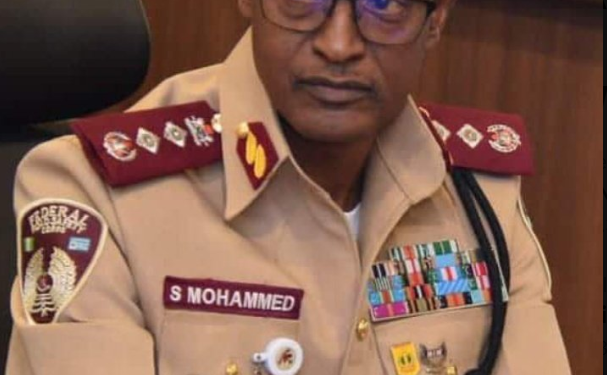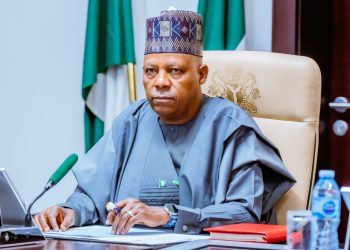IN the wake of incidents where drivers killed or threatened Federal Road Safety Corps officers with violence while resisting enforcement, Corps Marshal Shehu Mohammed has renewed calls to arm personnel for better protection on Nigeria’s highways.
While the loss of life is deplorable and demands justice, equipping FRSC officers with firearms is not the answer. It risks escalating violence, over-militarising an already overburdened society, and diverting the agency from its core mandate of promoting road safety through education and regulation.
Instead, Nigeria should strengthen existing law enforcement mechanisms and address the root causes of road-related aggression without adding more guns to the mix.
The FRSC’s primary role, as established by the Federal Road Safety Commission Act of 2007, is to prevent road accidents, educate motorists, and enforce traffic rules to reduce the carnage on Nigeria’s notorious highways, where over 5,000 lives are lost annually.
Arming officials would fundamentally alter this civilian-focused mission. Weapons introduce lethality into routine interactions like checkpoints or vehicle inspections, where tensions already run high amid corruption allegations and aggressive enforcement. A heated argument over a faulty headlight, for example, could escalate into shooting.
Armed FRSC personnel could inadvertently—or intentionally—kill civilians, mirroring patterns seen in other armed agencies.
This is not hypothetical: Nigeria’s roads are littered with stories of overzealous enforcement turning deadly. Firearms would only magnify these risks, turning traffic control into potentially fatal encounters, while failing to address underlying issues like poor infrastructure and driver education that truly drive road fatalities.
Nigeria’s security landscape is already saturated with armed personnel, fostering a culture of intimidation rather than safety.
From the military’s checkpoints to the police, the self-styled DSS, EFCC, ICPC, NDLEA, Immigration, Customs, and prisons, the country is swamped with weapon-carrying forces. Arming the FRSC would only deepen this militarisation, blurring the line between civilian oversight and paramilitary control.
In a country grappling with insurgency in the North-East, banditry in the North-West, and communal clashes elsewhere, adding another armed agency could heighten public paranoia and further erode trust in institutions.
Historical precedents lean against proliferating arms among state actors, which often leads to abuse and inter-agency rivalries.
Clashes between the Nigerian Army and Police or Navy and Special Anti-Robbery Squad, for instance, have caused fatalities and property damage. Armed FRSC officials might similarly turn weapons inward, feuding with police or other agencies, wasting resources and lives instead of advancing collaborative safety efforts.
A particularly alarming risk is stray bullet fatalities. Nigeria already suffers from rampant accidental shootings, where bullets from celebratory gunfire, pursuits, or crossfires claim innocent lives.
Recent examples include a university graduate killed by a stray bullet in Osun State shortly after receiving his NYSC call-up, and similar tragedies involving schoolchildren, pedestrians, and bystanders across the country.
Studies show stray bullets from armed personnel chasing targets have killed civilians in both urban and rural areas, fuelling widespread insecurity. Introducing guns to FRSC operations would inevitably increase such risks.
Critics might argue that arming enhances deterrence, but Nigeria’s experience with the police disproves this.
Despite being armed and over 370,000 strong, the police have struggled to reduce crime effectively due to corruption, inadequate training, and public distrust.
Firearms have not improved efficiency; instead, they have fuelled abuses, as starkly revealed by the #EndSARS protests on brutality. Why replicate this flawed model for the FRSC? Firearms require rigorous oversight — something Nigeria’s institutions often lack.
The real solution lies in empowering the police to investigate and prosecute perpetrators of attacks on FRSC officials, rather than arming the victims themselves.
Investing in non-lethal tools—such as body-worn cameras, CCTVs, and better training—would align with the agency’s preventive and educational ethos. Moreover, addressing broader societal issues like poverty and unemployment, which fuel road rage and aggression, requires comprehensive policy reforms beyond guns.
Arming the FRSC could unleash more harm than good. Nigeria needs smarter, civilian-focused road safety strategies, not a militarised approach.















































